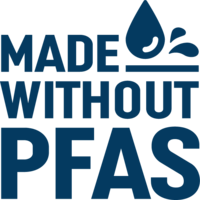-
Backpacks
- Hiking backpacks
- Avalanche backpacks
- Mountaineering backpacks
- Child carriers
- Ski tour backpacks
- Freeride backpacks
- Snowshoe backpacks
- Bike backpacks
- Trail running backpacks
- Protector backpacks
- Camera bags
- Backpacking packs
- Climbing backpacks
- Children’s backpacks
- School backpacks
- Lifestyle backpacks
- Travel backpacks
- Sleeping Bags
- Bags
- Accessories
- Deals
-
Advice
-
Responsibility
- #deuter





